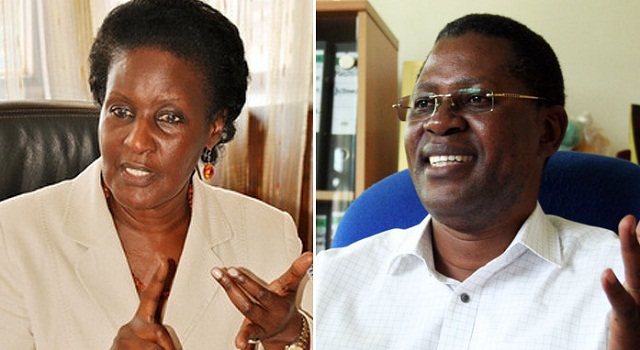
Jane Nalunga, the country director for the Southern and Eastern Trade Negotiations Institute (SEATINI) told The Independent on March 24 that the signing and eventual ratification of the ACFTA means Uganda’s private sector can now trade beyond the EAC, COMESA and SADC.
But Ambassador Nathan Irumba, who is the regional executive director of SEATINI and spent close to 20 years in Geneva and New York negotiating trade agreements on behalf of Uganda, told The Independent on March 24 that although ACFTA has the potential to transform many African economies; its success will depend much on how fast the governments put up suitable infrastructure to connect these countries.
Irumba told The Independent that many countries around Africa have infrastructure which tends to run to the coast as laid out by the colonialists – to take out Africa’s raw materials to the European market.
He also said, in all FTAs around the world, there are winners and losers. He said, as a result, support for such an initiative may not be strong among people who look at the free trade area from a losing a position.
“How do countries which are mostly beneficiaries from this help the weaker ones to deal with future tension?”Irumba says.
Faki Mahammat, the Chairperson of the African Union Commission, appears to have anticipated Irumba’s concerns.
“In a process as complicated as this one, compromise is a principle with which everyone must be imbued beyond the debates of which African countries might gain or lose in the short term,” he said.
Dr. Enock Nyorekwa, an economist told The Independent that although Uganda imports billions of dollars worth of goods from Asia and Europe, her major trading partners remain her neighbours in the EAC and COMESA blocs.
For instance in 2017, Uganda exported up to $517m worth of goods to Kenya; DR Congo ($459m including about $190m through informal trade) while South Sudan bought about $317m worth of Ugandan goods. The total Ugandan exports to the entire region were worth about $1.353m according to the Bank of Uganda statistics.
Dr. Fred Muhumuza, an economist, bases on this to say that the Kigali Agreement does not deal with a major stumbling block to intra-African; the non-tariff barriers. He says, for example, African countries produce almost the same products so there is nothing to trade with; except food.
He described the agreement “as an intention of what might be realized.”
“But it will require a lot of work,” he said and added that “you don’t see that African countries can actually implement this work plan”. Muhumuza wants Uganda to concentrate on the regional COMESA market. He told The Independent that close to 70% of Uganda’s exports go to five countries; Kenya, South Sudan, Rwanda, DR Congo (mainly food), and the United Arab Emirates (mainly gold).
“So why don’t we consolidate these markets considering that we are not even satisfying these countries’ needs,” he said.
 The Independent Uganda: You get the Truth we Pay the Price
The Independent Uganda: You get the Truth we Pay the Price


